Highwire Coffee Roasters’ Union Says Management Stalling On First Contract
Management has also hired an infamous anti-union law firm
Bay Area Current sat down with the director of Union (2024) to talk about labor narratives, Amazon and the role of left media.

Generally speaking, I don’t want to think about Amazon. I want to get to be in denial about the tech behemoth. Union, the 2024 documentary by filmmaker and geographer Brett Story, made me want to look closer.
The vérité documentary follows Chris Smalls, the lead union organizer at JFK8, an Amazon Fulfillment Center in Staten Island. The film opens as Amazon workers file onto buses towards the Fulfillment Center, shipping containers on cargo ships circle the Manhattan harbor, and the organizing committee canvasses workers outside the warehouse. The film observes — or really hangs with the organizers — and, in the process, gives a clear, unblemished portrait of a group of workers, who become organizers, and unionize a company many thought was un-unionizable: Amazon.
Bay Area Current sat down with Brett Story to talk about why she felt compelled to tell this story and why we tell any story at all.
Zoe Stahl: Given the surge in labor organizing these last 10 or so years, how and why did you decide to focus on the Amazon Labor Union?
Brett Story: I was aware that Amazon is the fastest growing private employer second only to Walmart. They share many of the same tactics, pioneer many of the same global supply chain and logistics infrastructure. And that the future of labor in the private sector absolutely requires organizing a place like Amazon. Meanwhile, none of the big labor unions would touch Amazon and had declared it un-unionizable.
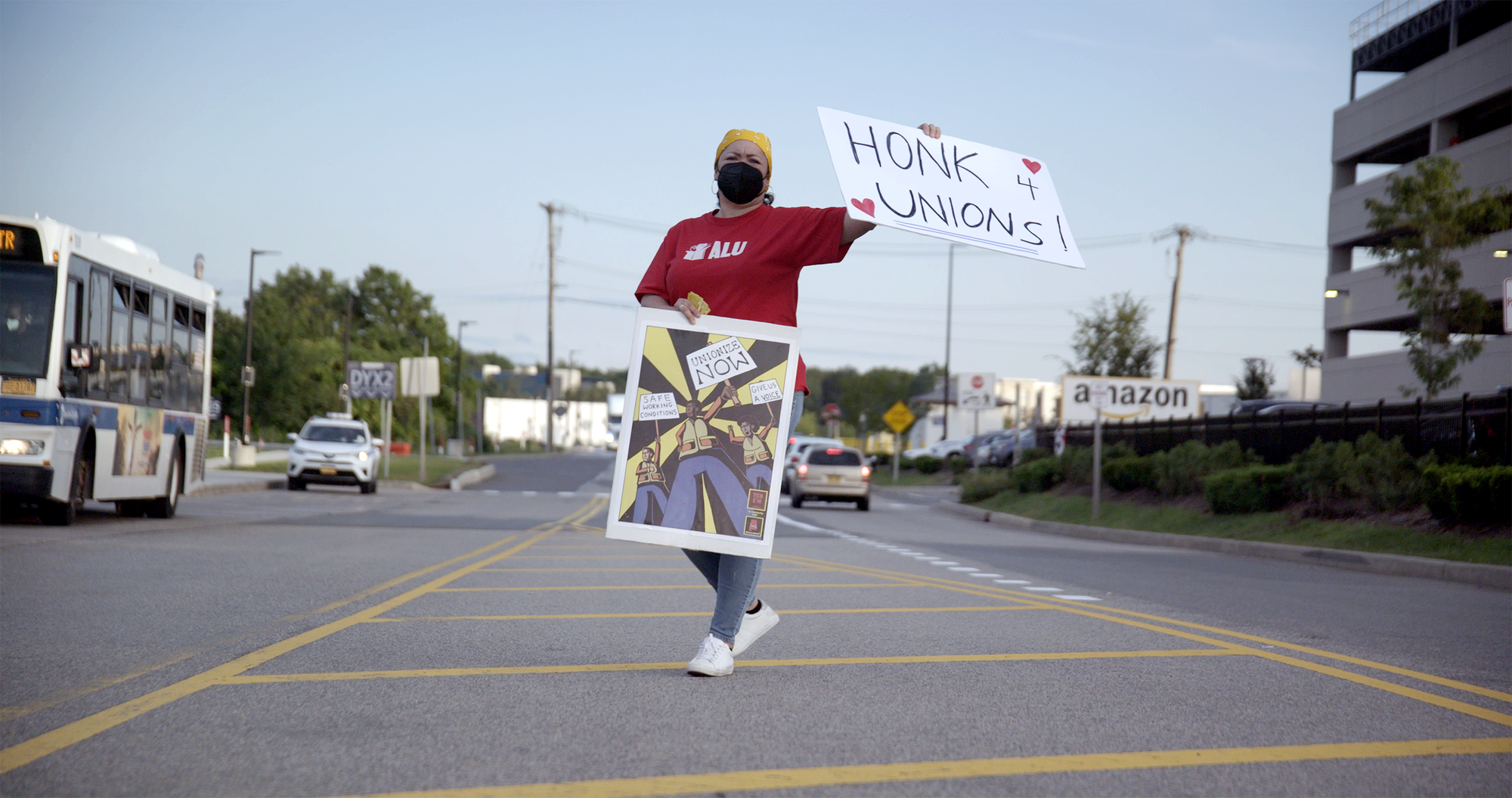
So, during the pandemic, part of what's interesting and part of why there was so much good organizing that happened is that we suddenly had a new language that kind of led us to transcend the way that in American discourse it's so hard to talk about class. We had this language of “essential workers.”
Chris Smalls became a minor cause célèbre when he did this walkout at his facility in JFK8 and then was fired. Then there was a memo leaked saying, “Let's make this guy the face of the movement. He's not smart or articulate.” So we've also got the politics of anti-Black racism, coalescing with the newfound class politics of the pandemic. [There’s] the awareness of class and the way in which working-class people are on the front lines of the death machine due to their workplaces. And it was clear that there was an opportunity here to say something about labor.
"You've got this global shipment of goods, and you've got this ongoing churn of workers. And in some ways the workers are treated no differently than the goods. They're treated less well than the goods."
We began conversations [about a film] and almost immediately we had the failed [union] election in Bessemer, Alabama at Amazon. It kind of was a confirmation [of] what all the big labor unions were saying that Amazon is too big to be unionized. And for Chris and his comrades at JFK8 to say, in the wake of that loss, we're gonna start our own effort and we're gonna, we think we can do it better. It was just so surprising. It went so against the grain of our cultural discourse even on the left and even on the radical left. And that was really exciting.
For me, a film really needs to have questions that I don't know the answers to and that are worth exploring. Who are this group of people who don't seem to come out of an organizing culture, who decide in the wake of a high-profile loss to do something that everyone else tells them that they shouldn't do? What does that mean about this moment that we're in?
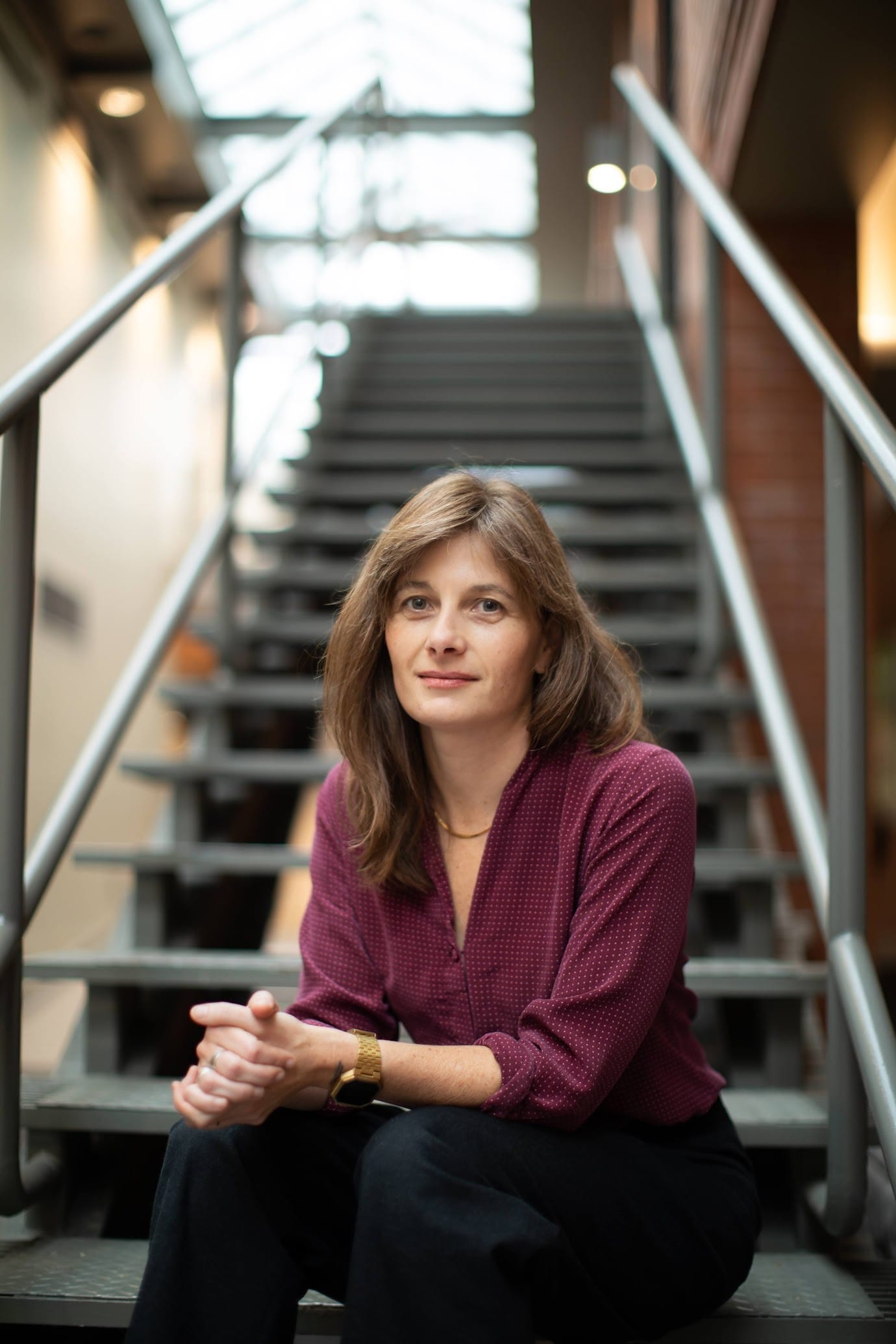
ZS: My question is about how the film begins. There's this montage — the freighter with shipping containers that drifts across the screen, then you see the Amazon workers on the bus, then cranes unloading the shipping containers, a look into the Amazon Fulfillment Center, and then the launch of Blue Origin. Can you speak a little bit about why you started there?
BS: We made this decision early on to focus on an intimate portrait of this group of people at this one site and use the language of observational cinema to create a felt experience of what it meant for a group of people to learn how to become political organizers.
And, you know, we didn't wanna make a boring film about how boring organizing is. We wanted to show organizing is also something exciting and fulfilling and full of heartbreak and just really try and get it right. Just try to make something true to the work that doesn't glamorize the work or denigrate it and allow organizers to feel seen and recognized in a true way.
Now, the risk of that is that it becomes myopic. Like, you don't get a sense necessarily of how Amazon performs not just as an inherently global retail company, but as a logistics company, cloud company, tech company, and so on.
So the visual montage at the beginning performs two functions: 1) we don't have a lot of footage of people working, unlike a lot of other labor films within the canon of labor cinema, in part because we did not want to ask permission to go inside an Amazon warehouse. But we have a lot of footage of people getting to work and that long trek that it takes to get to work. And we have a lot of footage of the freight of cargo ships circling around Staten Island. So that sequence is a kind of substitute to the montage of the assembly line that you would often see in a film about auto workers or something. You can start to imagine those workers getting on all those buses as part of the assembly line of the modern day workplace in the workforce.
And [secondly] it's an opportunity to say something visually that demonstrates contrast and scale. You've got this global shipment of goods, and you've got this ongoing churn of workers. And in some ways the workers are treated no differently than the goods. They're treated less well than the goods. And of course that translates into a huge discrepancy in wealth and power. And I think nothing symbolizes that more and better than that penis-shaped rocket ship going out into space, blasting all that carbon into the atmosphere, wasting millions of dollars that could be spent paying workers better.
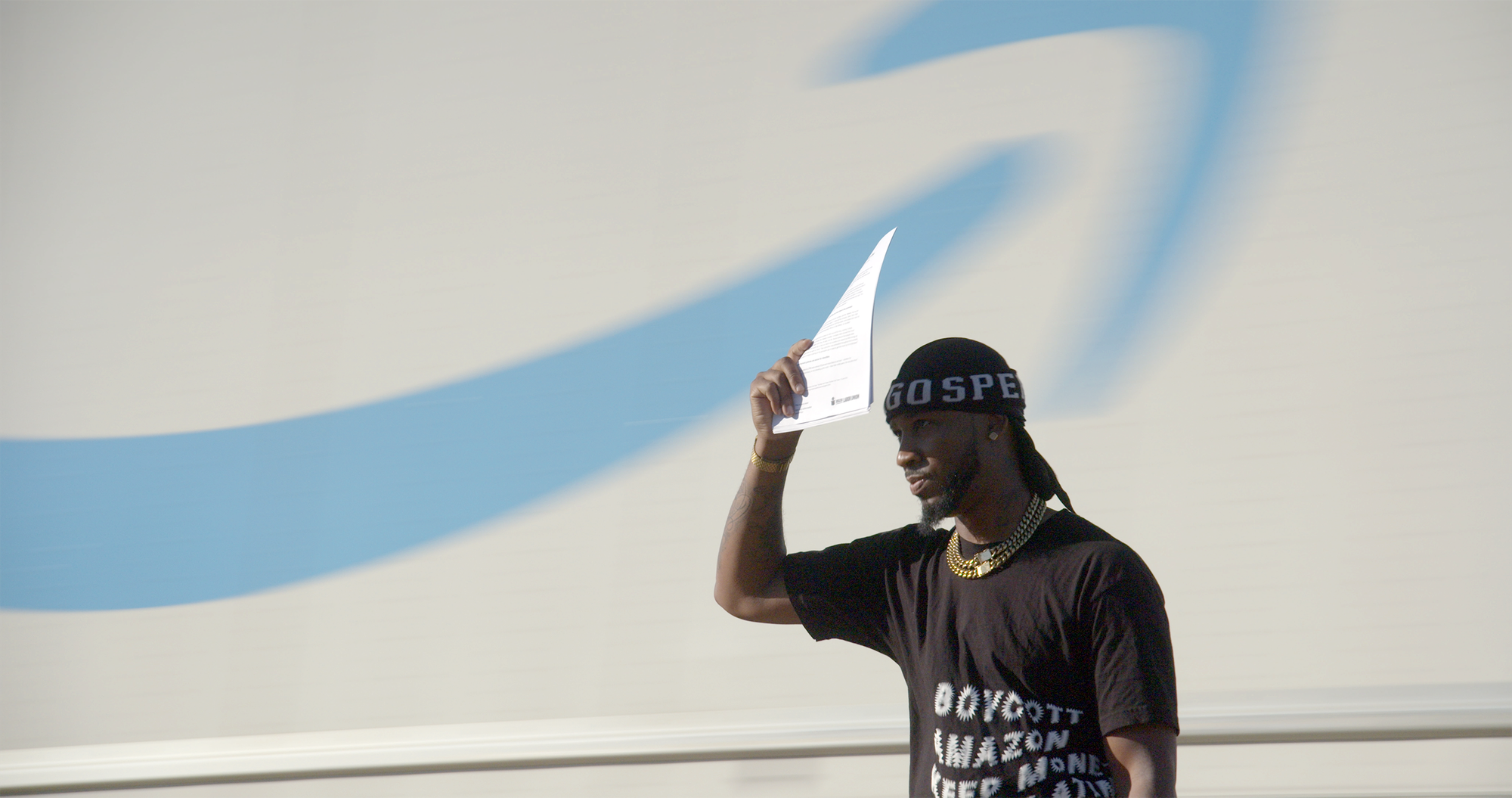
ZS: You also see the degree to which Amazon physically shapes our world. Something else I'm curious about is the film shows the really slow and sort of mundane work of organizing — those Zoom calls, the canvassing of fellow workers, the debates around tactics and strategy. Can you speak to that choice and focus?
BS: I think we're all very conscientious of how rarely we, especially those of us on the team who have direct experiences with organizing, see ourselves accurately represented in film. I mean it's a bit embarrassing anytime you watch a film that's supposed to be about activists, like all those dumb Hollywood films about so-called eco-activists. I’ve watched those, and I'm just so embarrassed. This person who's written it and made it [clearly] knows nothing.
Organizing is collective; organizing is really hard. It's really boring. And, you know, we didn't wanna make a boring film about how boring organizing is. We wanted to show organizing is also something exciting and fulfilling and full of heartbreak and just really try and get it right. Just try to make something true to the work that doesn't glamorize the work or denigrate it and allow organizers to feel seen and recognized in a true way.
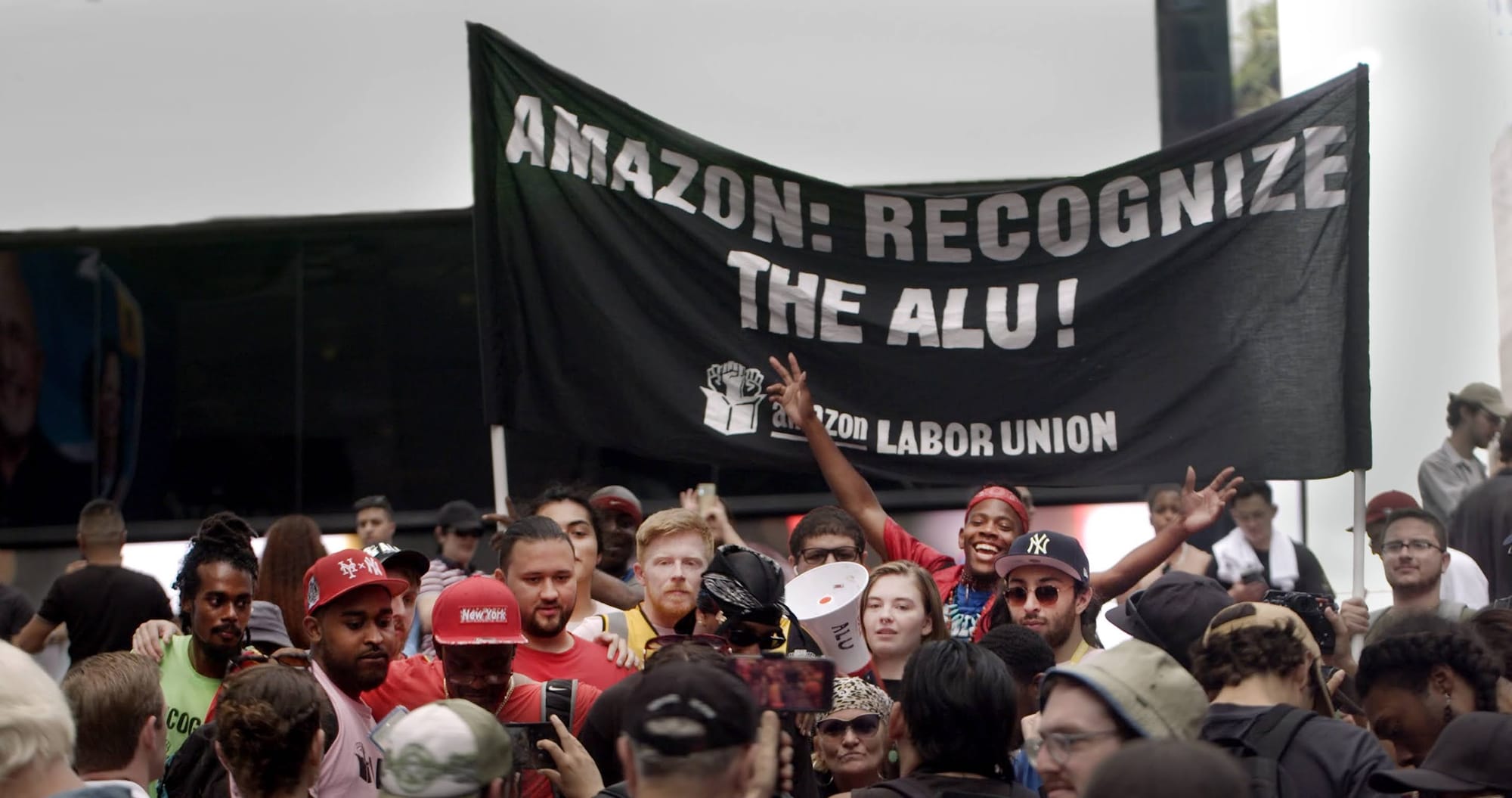
It's great to see people just kind of like hang out at a tent doing seemingly mundane things, but like develop a sense of themselves [through organizing] and their own value, try things out that might be mistakes, try other things out that turn out to be like great ideas and like really come into a sense of, just how collective, how doing something with purpose collectively offers an antidote to the loneliness, the isolation of most other activities were encouraged to endeavor in in capitalist life, including careerism.
ZS: I felt recognition in the depiction of organizing. It really demystified organizing, too. It's this word that we hear and for so much of my life I didn't even know what organizing entailed. I knew what it looked like to volunteer or be an activist, but not an organizer…This kind of connects. The documentary shows the solidarity between workers and you can really feel that connection. But I think it also really looks honestly at the challenges of creating a democratic and equitable union. You can see how Natalie feels like the union is a boys club, just like Amazon, or the differences between the college-educated salts and those who work at Amazon. You can see how some of the white union members might not understand the risk the Black members of the union are taking. I'm curious why it was important to confront these internal issues and see the ways in which despite best efforts, it sometimes replicates the same systems the union is trying to dismantle.
BS: In my body of work, I really care about trying to figure out how to use a medium like cinema to say something about structures of power and about systems of power. How do you do that without just getting some academic to give you a Marxist analysis? Is there a way that we can do that in a felt way, in an emotional way, in a way that is suggestive so that [the viewer] can do the interpretive analysis [themself]?
And I think that some of those dynamics we see in organizing, there are parables for life, social life generally under capitalism, under racial capitalism, which is to say that race and class and gender function not only, or even at all as mere identities, they function as mechanisms of disorganization. And we saw that.
Sometimes when you're organizing, you feel like you found your family and you feel not alone and you feel like somebody loves you. And that can be both true and also really set you up for disappointment. It can break your heart.
And then also to say something about this fracturing. We're just trained by all media to interpret all conflict through the lens of interpersonal differences. You know, like someone's a narcissist or someone's got a big ego rather than someone feels disrespected by a comment and it hurts them and their feelings are hurt. And also that comment means something different if you're a working-class Black single mother than if you are a middle class college-educated white kid. You know, that's part of how race disorganizes. It renders us vulnerable in different ways, and some of us are more vulnerable than others.
And how to show these conflicts in and of themselves as something true to just the human experience and the experience of this group of people going through this? [We’re] also saying something about how capitalism and then the hyper-capitalism of a company like Amazon exploits things like this…it has always required and enshrined these differences, made them natural, in order precisely to keep working people from being able to come together in order to gain power.
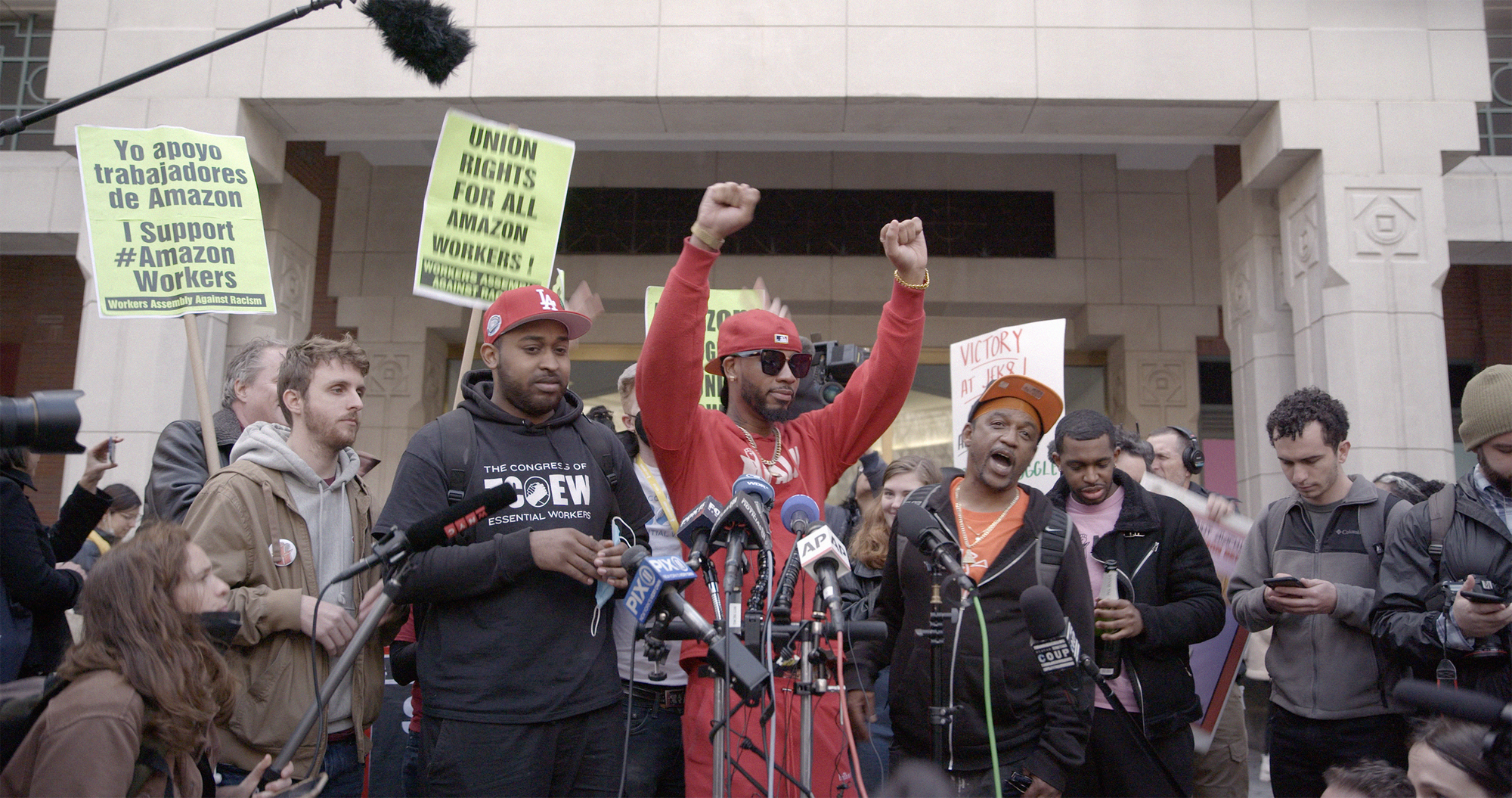
ZS: Current is a political media project, and I'm curious what you think the role, if any, of documentaries and media are more broadly in political struggles. What’s the role? What’s the possibility?
BS: I have so much to say about that, and I also just don't have a neat answer because it's something I struggle with. You know, I love making media, so I want to believe that media plays a crucial role.
Also, I've been thinking about this a lot in the context of what should artists do in a period of genocide. Like, should we create dialogue and tell stories? Is that enough? Like, I wanna call bullshit on the hubris of artists that think that stories alone are gonna change anything. You know, you change minds and then you change the world. No, it just doesn't work that way. That's not how power concedes.
But I do think we experience the world and then we are tasked with trying to make sense of it. And the only way to make sense of it is usually through the terms that are made available to us. But more broadly I think the media also defines and redefines and can challenge the existing discourse and [can] change the terms by which people are able to make sense of their lives.
We need organizers and activists, we need educators, we need public institutions, we need a robust media sphere that can challenge the dominant narratives because those dominant narratives serve power.
My job as a filmmaker is not to just feed people another line. I try to invite people into an experience that they can recognize as true and then invites them to do the work, but hopefully with a new vocabulary of making sense of it in a way that makes them feel competent and able to do something about it.
ZS: Last question, what should we watch this weekend?
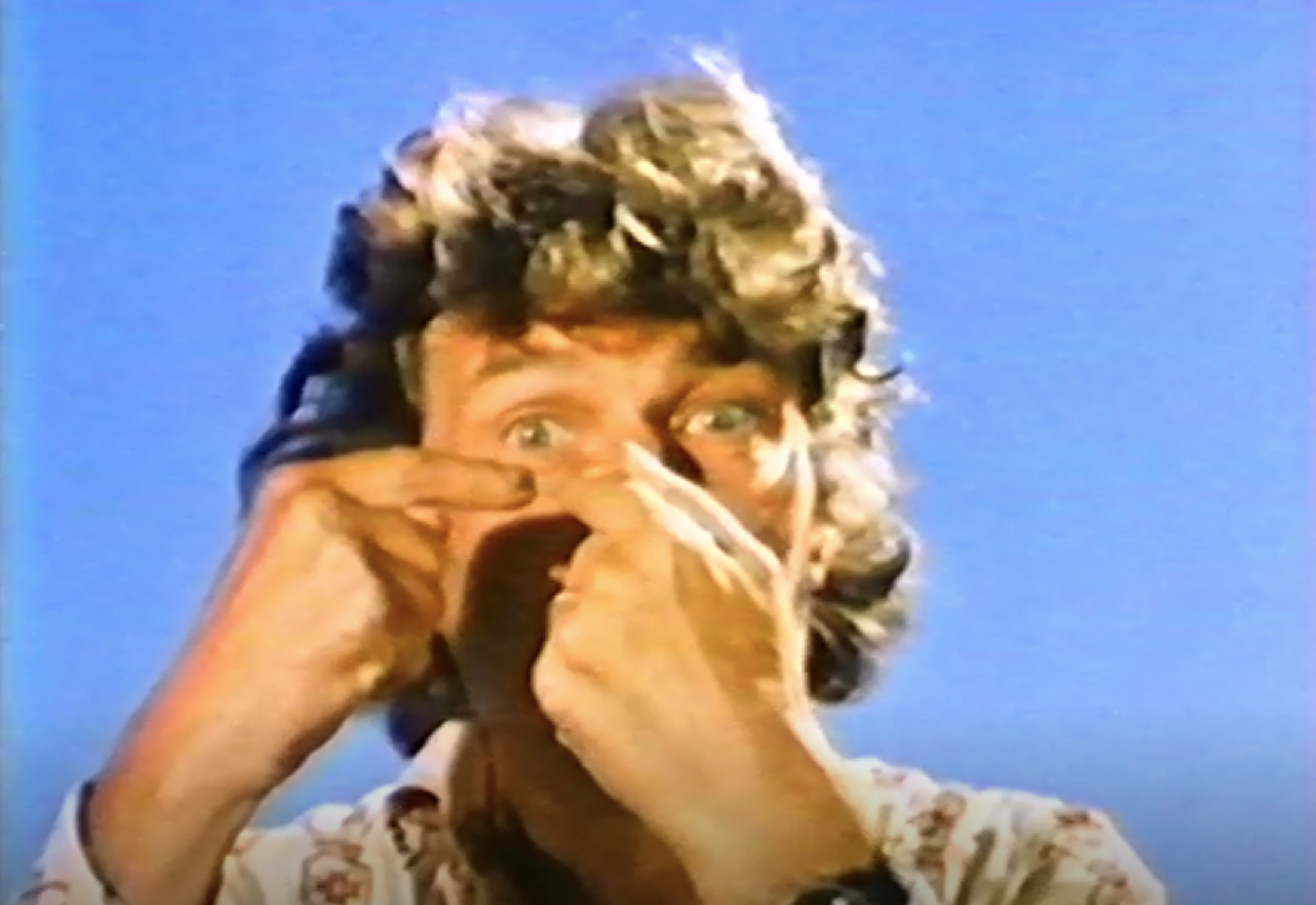
BS: Ways of Seeing by John Berger. We need a ways of seeing for our own time.
You can stream UNION on the Criterion Channel.
This interview has been condensed and edited for clarity.